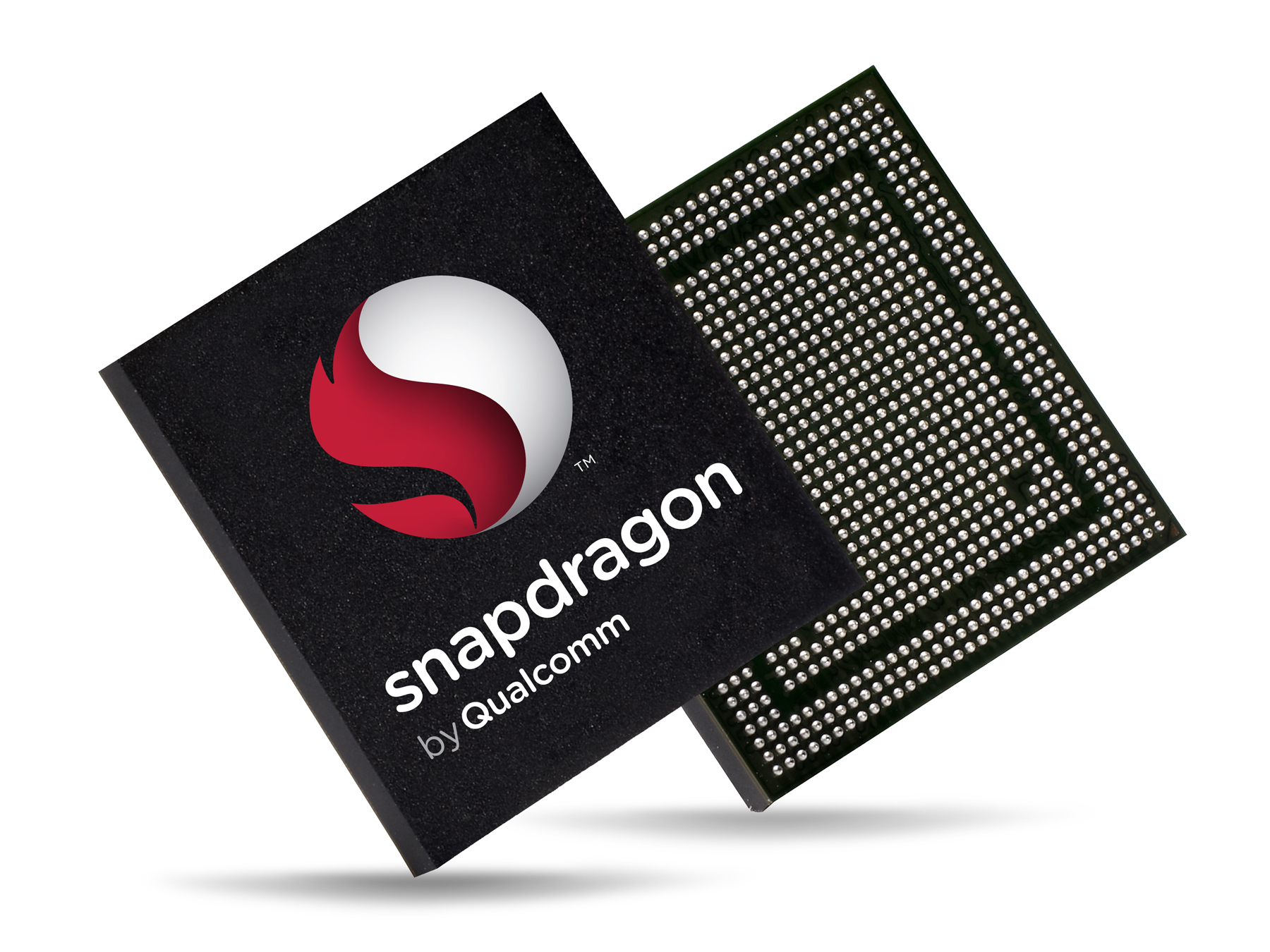Rumor: Samsung's Galaxy S6 Won't Use Snapdragon 810 Due To Overheating Issues
A new Bloomberg report confirms a couple of earlier rumors from South Korea that said Qualcomm's Snapdragon 810 had some overheating issues. The problem is apparently so big that Samsung has decided against using the Snapdragon 810 at all in its next-generation Galaxy S6 flagship.
Samsung is one of Qualcomm's most lucrative customers, as Samsung tends to sell a large portion of all the new mobile devices coming into the market. Many of those use Qualcomm's chips. In the past few years, Samsung has used Qualcomm's high-end chips especially in the U.S. market, where many customers require LTE support in their devices.
Qualcomm has been a fast adopter of LTE technology in its modems. It's also been the first to integrate LTE into its SoC, cutting down the time to market for its OEM customers as well as cost. It took years for others to catch up, including Samsung, which began using its own LTE modems only last year.
Samsung's Exynos 7 Octa, which should appear in the Galaxy S6 throughout all markets, will actually use a Samsung LTE modem that's Cat. 10. Qualcomm's Snapdragon 810 only supported Cat. 6 LTE initially (per Qualcomm's own Snapdragon 810 page), and then upgraded to Cat. 9.
So far, Qualcomm has denied any rumors about overheating issues and delays of its Snapdragon 810 chip. Even if Qualcomm promises to fix the Snapdragon 810 by the time the Galaxy S6 launches in the U.S. market, Samsung may not be willing to take that risk -- not when so much rests on the launch of this new flagship device.
Samsung's mobile profits have dropped sharply in recent quarters, just like its revenue, mainly because the previous Galaxy S5 flagship wasn't too appealing to the market. Since then, Samsung has supposedly tried to completely overhaul the process for making its flagship devices and wants the Galaxy S6 to be seen as an iconic device that can help the company recover its lost profits. The company can't afford a defective product, especially in such a large and important market as the U.S.
Samsung's own mobile chip ambitions may have also played a role in the decision to drop the Snapdragon 810 from the Galaxy S6. Unlike Apple, which uses its own chips in all of its mobile devices, Samsung uses its Exynos chips in only a small number of its devices.
Get Tom's Hardware's best news and in-depth reviews, straight to your inbox.
A company as large as Samsung, which sells many different devices at all price ranges, may never fully rely on its in-house chips. At the same time, not using Exynos chips, at least for its mid-rage and high-end devices, also seems like a missed opportunity for Samsung.
Using its own chips would help Samsung build a stronger integration between its hardware and software (much like what Apple promises with its devices). It should also make it easier to update and support those devices for a longer period of time.
Perhaps Samsung has finally realized the value of using its own chips. On the other hand, this could be just a one-time decision completely dependent on Snapdragon 810's overheating issues. Samsung may very well go back to using Qualcomm's Taipan-based chips in the Galaxy Note 5 or other future flagships as if nothing happened.
We contacted Qualcomm about the Bloomberg report, but a company representative declined to comment.
Follow us @tomshardware, on Facebook and on Google+.
Lucian Armasu is a Contributing Writer for Tom's Hardware US. He covers software news and the issues surrounding privacy and security.
-
jasonelmore Qualcomm is doomed if they don't get 64 bit out the door and running without heat issues. If they can't make it this year, then they are in serious troubleReply -
ericburnby Maybe they should ask Apple to let them use their A8 or at least give them a license to make their own.Reply -
Bloob Hasn't Samsung always used their own SoCs on their S -series (except the US-editions, due to LTE bandwidths)?Reply -
noobnumberone Samsung must've wanted to reduce costs as it is already losing a lot of money.Reply
This is just some cooked up reason to avoid Qualcomm's Snapdragon processors. -
eklipz330 qualcomm needed the kick in the butt. seriously, these phones are just all the same thing these days, with the most incremental yearly updates on flagship phones with these "software updates" that supposedly "enhance" performance but really just cripple the phone which forces you to upgrade.Reply
all these companies need a kick in the butt. i'm tired of megapixels and gigahertz and number of apps available and crippling OS updates. GIVE ME SOMETHING FRESH
